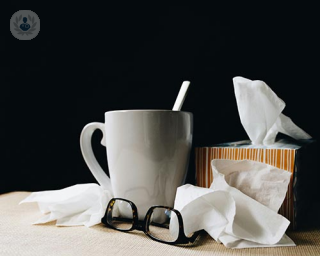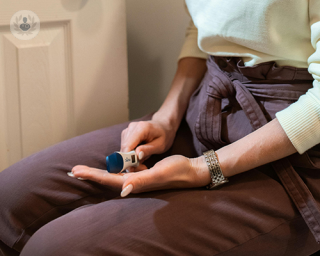
Dr Omi Ohizua
15.01.25
Ginecologia e Ostetricia
Polycystic ovary syndrome (PCOS) is one of the most common endocrine disorders affecting women of reproductive age, with an estimated 8-13% prevalence worldwide. This multifaceted condition involves several body systems, requiring a comprehensive understanding for effective management. Here’s an in-depth look at PCOS, its characteristics, symptoms, and strategies for long-term health and wellness.
















